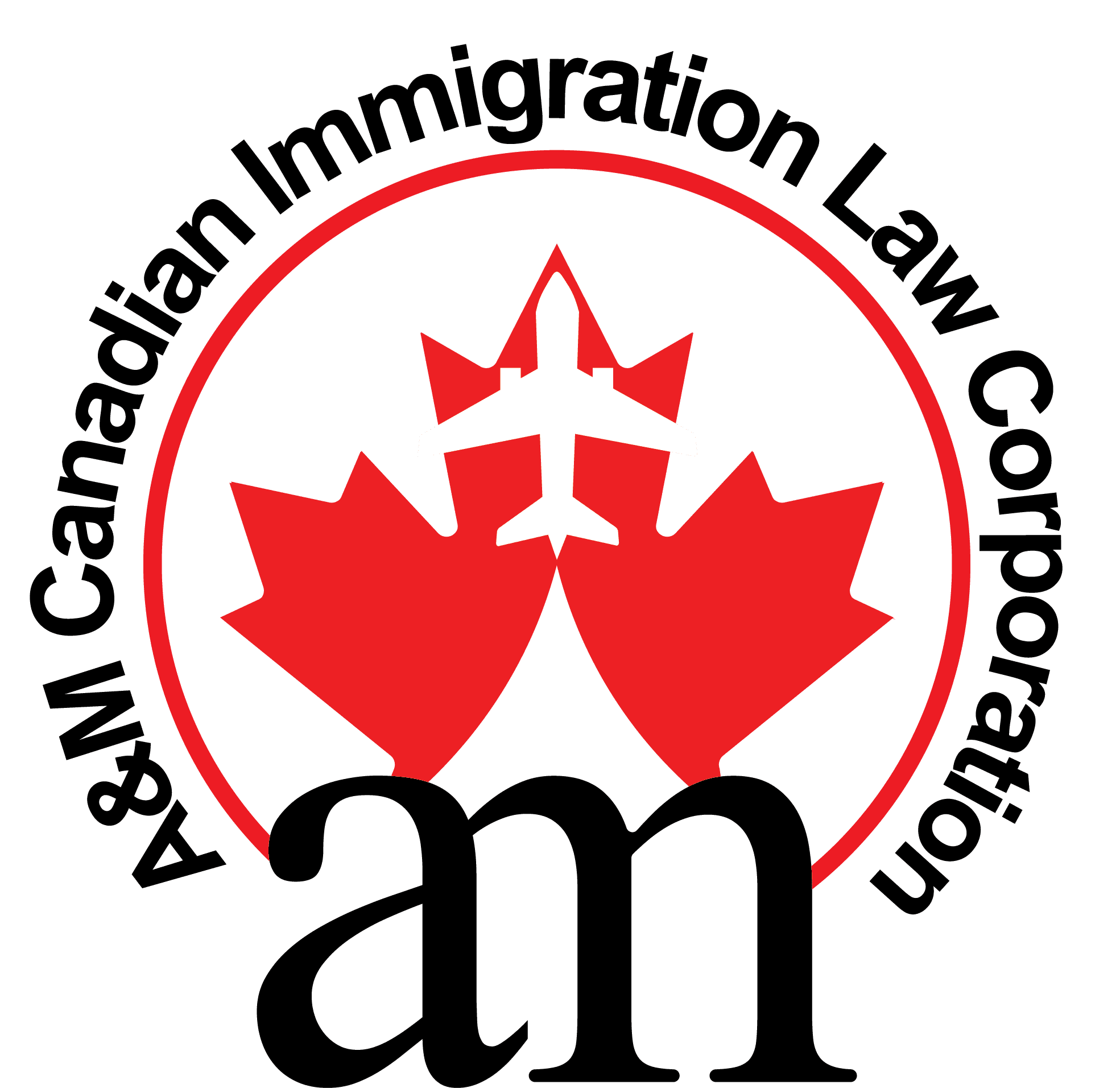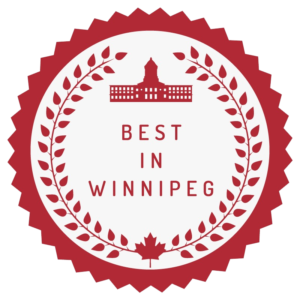Privately Sponsored Refugees (PSR) Program in Canada
A&M Canadian Immigration Law Corporation
Privately Sponsored Refugees (PSR) Program in Canada
Canada is internationally recognized for its unique Private Sponsorship of Refugees (PSR) Program, which allows ordinary Canadians, community groups, and organizations to play a direct role in resettling refugees. Unlike Government-Assisted Refugees (GARs), PSRs are supported financially and socially by their sponsors, not the government. This model has become a global example of how communities can actively participate in humanitarian protection.
How the PSR Program Works
- Refugees abroad must meet the definition of a Convention Refugee or be recognized as in need of protection.
- Sponsorship is arranged by Canadian citizens or permanent residents who form:
- Sponsorship Agreement Holders (SAHs): Organizations with formal agreements with IRCC to sponsor refugees on an ongoing basis.
- Constituent Groups (CGs): Groups authorized under a SAH to sponsor specific cases.
- Groups of Five (G5): Any 5 or more Canadian citizens/permanent residents who come together to sponsor a refugee.
- Community Sponsors (CS): Organizations, associations, or corporations without a SAH agreement but who are approved for a specific sponsorship.
- Sponsors commit to providing financial, settlement, and emotional support for 12 months (or until the refugee is self-sufficient, whichever comes first).
- Refugees are referred to Canada by sponsors, not UNHCR or the government, although the refugee must still meet eligibility and admissibility requirements.
Eligibility & Requirements
For Refugees Abroad:
- Must be outside Canada.
- Must be recognized as a refugee or in need of protection (per UN Refugee Convention or IRPA).
- Must pass medical, security, and criminality checks.
For Sponsors:
- Must demonstrate financial capacity to support the refugee(s).
- Must create a settlement plan covering housing, food, clothing, language training, school enrollment, and employment search.
- Must sign an undertaking for at least 12 months of support (sometimes longer if the refugee needs extra help).
Supports Provided by Sponsors
Sponsors must ensure the refugee receives:
- Financial support (monthly allowance for rent, food, utilities, etc.)
- Basic needs (clothing, household items, winter gear)
- Settlement help (finding housing, registering for health care, enrolling children in school, opening bank accounts)
- Integration assistance (language classes, employment search, cultural orientation, community networking)
Benefits & Challenges Benefits:
- Provides refugees with strong community integration.
- Encourages direct participation of Canadians in humanitarian resettlement.
- Refugees often experience faster social connections through sponsors.
Challenges:
- Sponsorship requires significant financial and time commitment.
- Processing times can be long due to high global demand.
- Sponsors must ensure full compliance with the settlement plan — failure may put refugees at risk.
Frequently Asked Questions
No. Refugees abroad must be sponsored by an eligible Canadian group or organization.
Typically 12 months, or until the refugee is financially self-sufficient, whichever comes first.
Sponsors, not the government, cover financial and settlement support.
Yes. Refugees can include their spouse/partner and dependent children in the sponsorship application.
Processing times vary, often 18–24 months, depending on the region and IRCC’s workload.
The Privately Sponsored Refugees (PSR) Program is a cornerstone of Canada’s humanitarian tradition, enabling ordinary Canadians to directly change lives. By providing financial support, housing, and emotional guidance, sponsors give refugees the opportunity to rebuild safely in Canada.
While it requires serious commitment, the program’s success stories demonstrate how community-based resettlement leads to stronger integration and mutual enrichment. For refugees, it means protection and a fresh start; for Canadians, it means being part of a global humanitarian solution.






